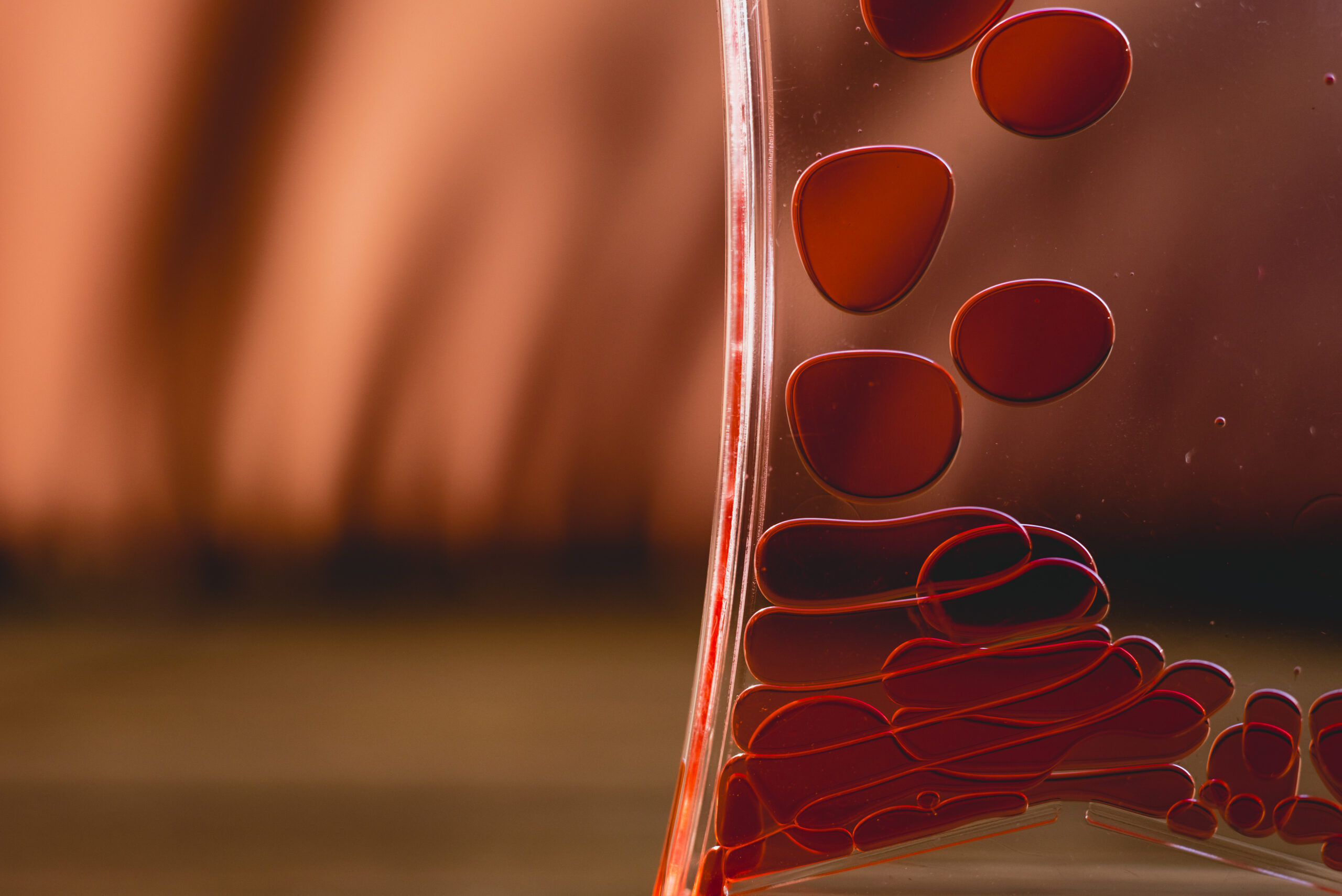Alcohol, a widely consumed substance, has various effects on the body, including significant impacts on blood circulation. While moderate alcohol consumption might have some health benefits, excessive drinking can lead to serious cardiovascular problems. This blog aims to shed light on how alcohol affects blood circulation and the potential risks associated with heavy drinking.
Short-Term Effects of Alcohol on Blood Circulation
Initially, alcohol consumption can cause temporary dilation of blood vessels. This dilation can lead to a feeling of warmth and a temporary decrease in blood pressure. However, these short-term effects can be misleading, as they mask the potential long-term harm alcohol can cause to the circulatory system.
Increased Heart Rate
Alcohol stimulates the heart, causing it to pump faster. This increase in heart rate can be temporary, but with continued alcohol use, it can lead to longer-term heart rate issues.
Impact on Blood Pressure
Chronic heavy drinking is a significant risk factor for hypertension (high blood pressure). Over time, elevated blood pressure due to alcohol can strain the heart, leading to increased risks of heart disease and stroke.
Effects on Blood Vessels
Excessive alcohol intake can damage the endothelium, the inner lining of blood vessels. This damage can lead to atherosclerosis, a condition where the arteries become narrowed and hardened, further increasing the risk of heart attack and stroke.
Irregular Heart Rhythms
Heavy drinking, especially binge drinking, can lead to arrhythmias – irregular heart rhythms. Conditions like atrial fibrillation (an irregular and often rapid heart rate) can be triggered or worsened by excessive alcohol consumption.
Alcohol’s Role in Heart Disease
Long-term heavy drinking is a known risk factor for developing various forms of heart disease. The toxic effects of alcohol on the heart muscle can lead to cardiomyopathy, a disorder where the heart muscle weakens, leading to inefficiency in blood circulation and heart function.
Alcohol and Blood Clotting
Alcohol can affect the body’s ability to clot blood. While moderate consumption might reduce clotting (thus lowering the risk of certain types of strokes), heavy drinking can disrupt this balance, increasing the risk of bleeding complications or clot-related issues like deep vein thrombosis.
The Paradox of Moderate Drinking
There’s a noted paradox with moderate alcohol consumption, particularly with red wine, which is believed to have cardiovascular benefits due to antioxidants like resveratrol. However, these benefits should be weighed against potential risks, and alcohol should not be considered a primary strategy for improving heart health.
The relationship between alcohol and blood circulation is complex, with both immediate and long-term effects. While moderate drinking might have some benefits, excessive alcohol consumption poses significant risks to the cardiovascular system. Understanding these risks is crucial for making informed decisions about alcohol consumption. If you or someone you know is struggling with alcohol use and concerned about its impact on health, seeking medical advice and considering lifestyle changes are important steps toward maintaining a healthy circulatory system.


